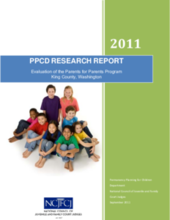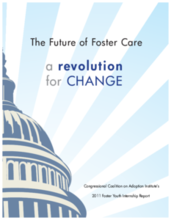This page contains documents and other resources related to children's care in the Americas. Browse resources by region, country, or category.
Displaying 3021 - 3030 of 3191
This paper uses comparisons of child benefit packages in the European Union and Central and Eastern European and Confederation of Independent States (CEE/CIS) countries derived using model family methods.
This paper looks at how social protection is evolving in developing countries and how it relates to the vulnerabilities of children. It goes on to present the different conceptual models for protection and how they have changed and been influenced by the changing definition of poverty and the growth in transnational knowledge and policymaking.
Parental leave and early childhood education and care have gained a high profile in child and family policy fields, and both have been the subject of substantial cross-national mapping, describing and comparing their main features across a range of countries. This article provides overviews on parental leave and early childhood services in affluent countries, and reflections on this mapping.
Child care and early education policies may not only raise average achievement but may also be of special benefit for less advantaged children, in particular if programs are high quality. We test whether high quality child care is equalizing using rich longitudinal data from two comparison countries, Denmark and the United States.
A comparative analysis of child welfare systems in 10 countries identifies three broad functional orientations – child protection, family service and child development.
This study uses data from the 2005 National Household Education Survey to examine the effects of child care subsidies on the enrollment of low-income children in early childhood education programs.
This paper explores malnutrition among children in foster care in the U.S. and programs and interventions that help to improve the nutritional health of children in foster care.
This process evaluation of the King County Parents for Parents Program (P4P) examines the program’s efficacy and suggests areas for continued improvement.
Released by a group of former United States foster youth as a comprehensive report on the system in which they were raised, this report details the Congressional Coalition on Adoption Institute’s (CCAI) Foster Youth Internship (FYI) recommendations on improving hot-button issues ranging from immigration, education, mentoring, psychotropic drugs, child abuse and government accountability



